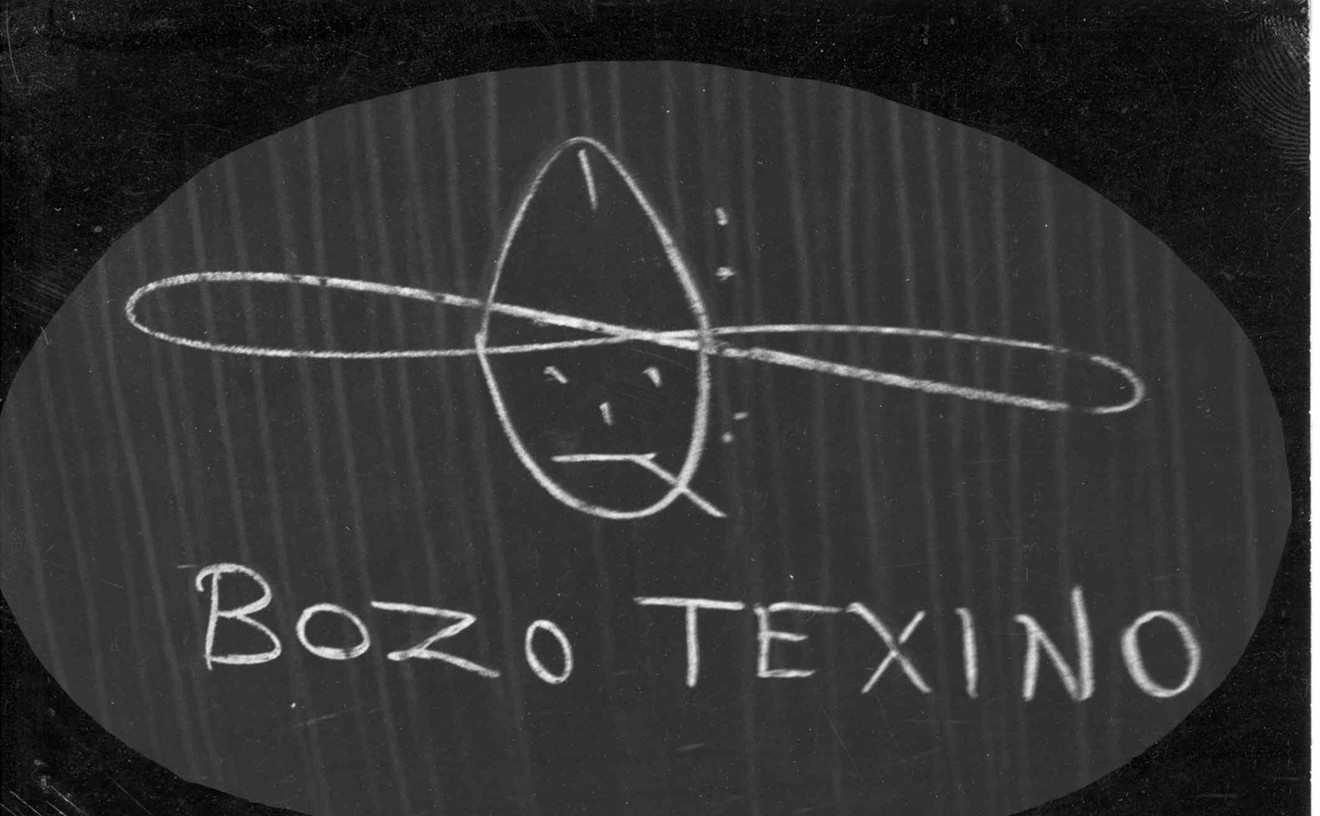"Svich sees Alchemy/Blues as an ideal example of her visceral connection to language. She believes that 'Language is physical. It lives inside the body, the heart, and the brain. Utterance, whether understood or not, is part of being human. A cry. A scream. I have always enjoyed exploring speech as a physical and cognitive act by my characters. The terrain where the characters live is manifested in the way they speak. This has to do with atmosphere, with establishing an environment onstage that is sensorial and real...'"
Which I think translates to "language is evocative, and I'm trying like hell to impress you."
The Bug Theatre has created an expressive and fully realized performance space, for which designer Kenn Penn gets credit. It's a bayou -- one of those archetypal, steamy, swampy places, complex and many-leveled, with weathered wooden steps and platforms wreathed in thick vines reaching toward the audience. There's also a beat-up old shack that, when the play opens, is surrounded by empty Kentucky Fried Chicken buckets.
Simone, played by Mare Trevathan Philpott, has lost her husband to a war in a country whose name she can't recall. I think this lack of specificity is intended to universalize the play, but the universal resides most eloquently in the specific, and the country's namelessness seemed to encapsulate the lazy-minded, unfocused poeticism of the rest of the play.
Pretty soon, some of the women of the community appear. They think Simone should clean up the shack and dispose of the KFC buckets, or else the place will be haunted. Or her husband's ghost will be unhappy. Something like that. At any rate, their talk is portentous, and though every now and then one or the other of them gets riled about something, they're not highly differentiated as characters. There is one interesting scene, when the women, wielding brooms, dance and chant in a rite of exorcism.
Along comes Jamie (Josh Gaffga), Simone's dead husband (and the reason for the play's second title), riddled with bullet holes and pretty distressed. He yells a lot. Jamie is invisible most of the time, but even when the characters in Alchemy are supposed to be interacting, they don't seem to really see each other. At one point, one of the neighbors freaks out, screaming away while peeling a potato, and then a second neighbor takes the peeler from her hand, and pretty soon she's screaming, too, and then Jamie's back on stage, and he's still yelling, and you're sitting there in the audience, feeling assaulted.
The play presents a couple of images that work: the women companionably shelling peas, the moment when a jarful of fireflies finds release. But on the whole, it's full of unearned rapture and poor in silence and humility. I think Federico Garcia Lorca may have been a primary influence on Svich, but his characters' passions are grounded in genuine, if hyperbolically portrayed, reality. And, of course, there's the power of his language. To get away with a play that's more symbol and poetry than character and action, you need to write like Lorca. Or Yeats.
If the evening has a redeeming feature, it's Philpott's performance as Simone. In her mouth, Svich's words make sense; she creates a haunting character -- a genuine, suffering woman -- from those torrents of half-baked effusion. Unlike almost everyone else on stage, Philpott understands the power of silence, and the moment when Jamie lays his head on her lap almost achieves the kind of transcendence for which Svich seems to be so frantically striving.











